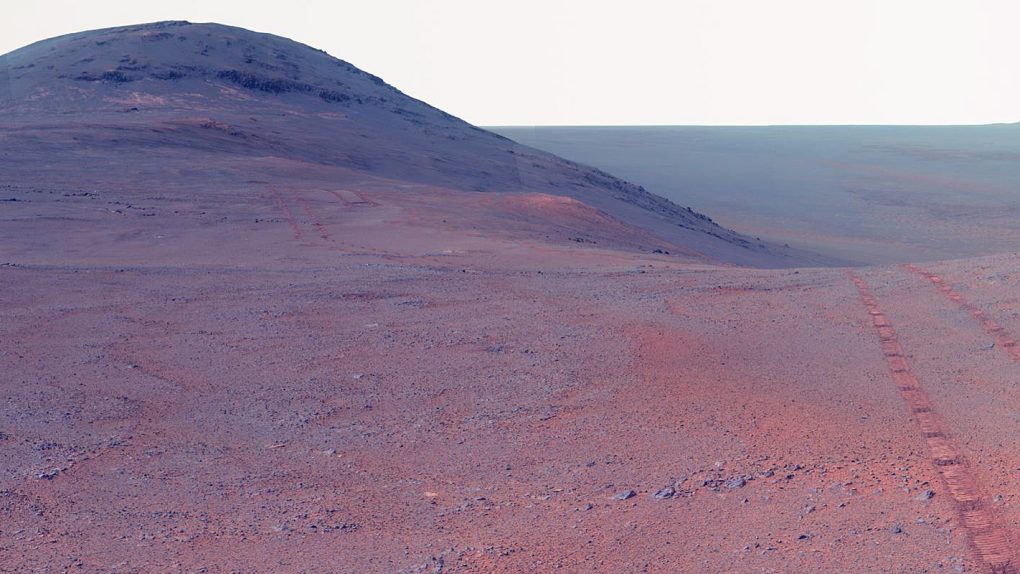As far as we know, Mars currently harbors no life. NASA has driven rovers for miles across the Martian landscape and discovered plenty of interesting geological features, possible evidence of water, and even peculiar rocks that seem to defy logic, but life — even in its most basic microbial form — has remained elusive. That’s not great news for alien hunters, but the upside is that we’ve really only scratched the surface (no pun intended) of what Mars might have to offer, and new research suggests life could indeed exist in the arid expanses of the Red Planet.
Researchers from Washington State University have been closely studying the presence of microbial life in the dry, dusty Atacama Desert of South America. There, droughts can stretch on for decades, but microscopic life still finds a way to exist without the a readily available source of water. The scientists believe that the same could be true for Mars.
The team’s study, which was published in the Proceedings of the National Academy of Sciences, explains how they went about searching for the traces of life in the dried out soil. Using spoons to sample the ground at different depths, the researchers were able to detect a number of different microbes that were perfectly at home in the incredibly dry environment. But how do they do it? Well, that’s a bit more complicated.
Rather than simply living their tiny lives in the moisture-free soil, the microbes have developed a way to conserve their energy in between bouts of rain. When the soil dries up, the microbes enter a dormant state where they are essentially frozen in time, waiting for water to wake them back up. The researchers believe that microbes like this can survive for hundreds or potentially even thousands of years in total dryness while waiting patiently for moisture to return.
The idea that life forms could enter dormant states for thousands of years is obviously incredibly interesting news for us here on Earth, but it has even broader implications for the possibility of life on other planets, especially Mars. If microbial Martian life does exist, it could conceivably enter a similar dormant state, waiting for thousands of years until water reaches it once more. Considering past discoveries of water ice, snow, and even evidence of flowing water on the surface of the planet, this is a very real possibility. Of course, if such life does exist on Mars, we still need to find it, which is no small feat.








